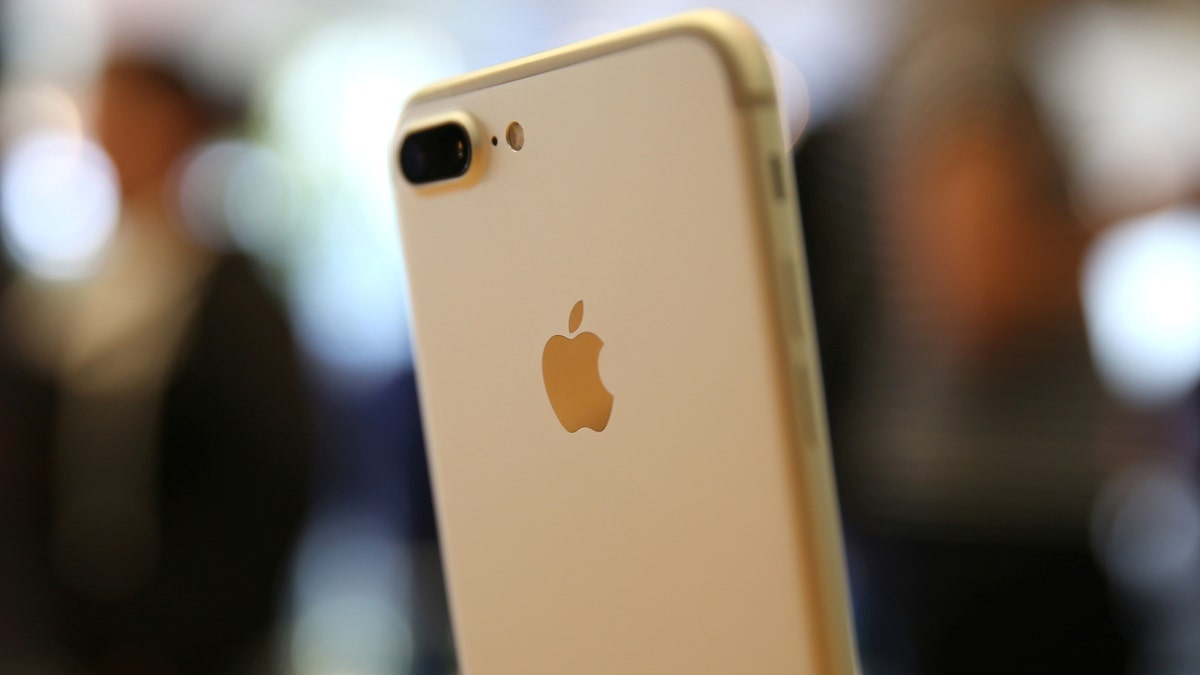iPhone addiction: Investors ask Apple to address issue
Investors pen a letter to Apple saying the company needs to address a growing public health crisis involving teen addiction to smartphones.
Two of Apple’s biggest investors sent an open letter to the tech giant on Saturday urging the company to take prompt action to curb what they see as a growing smartphone addiction among children.
Amid numerous reports about a mounting health crisis – both physical and mental – related to the entrancing qualities of smartphones, activist investor Jana Partners LLC and the California State Teachers’ Retirement System have asked Apple to create new ways for parents to restrict children’s access to their iPhones.
"There is a developing consensus around the world including Silicon Valley that the potential long-term consequences of new technologies need to be factored in at the outset, and no company can outsource that responsibility," the letter said. "Apple can play a defining role in signaling to the industry that paying special attention to the health and development of the next generation is both good business and the right thing to do."
The two investors collectively control $2 billion worth of Apple shares.
Among their proposals to Apple: establish an expert committee including child development specialists; offer Apple's vast information to researchers; and enhance mobile device software so that parents have more options to protect their children's health.
The letter cited various studies and surveys on how the heavy usage of smartphones and social media negatively affects children's mental and physical health. Examples include distractions by digital technologies in the classroom, a decreased ability of students to focus on educational tasks, and higher risks of suicide and depression.
The letter from investors comes at a time of mounting criticism about the long-term health impact of heavy usage of smartphones and social media – especially among children. While tech companies like Apple have remained mum about the addictiveness of their products, many Silicon Valley insiders have started to speak openly about the issue.

File photo - the iPhone 7 smartphone is displayed inside an Apple Inc. store in Los Angeles, California, U.S., Sept. 16, 2016. (REUTERS/Lucy Nicholson)
Tristen Harris, a former product philosopher at Google who currently runs the advocacy group Time Well Spent, compares a smartphone to “a slot machine in my pocket” and blames the mounting addiction crisis on the software itself. Speaking to the Atlantic, Harris noted that smartphones – with their prompts and constant notifications - compel people to constantly check their screens.
“There needs to be new ratings, new criteria, new design standards, new certification standards,” Harris said. “There is a way to design based not on addiction.”
ARE YOU ADDICTED TO YOUR CELLPHONE? TIPS FOR BREAKING THE HABIT
Some governments are taking matters into their own hands, with France moving to ban smartphone use in its primary and middle schools.
Android co-founder Andy Rubin wants to use artificial intelligence –another controversial tech topic- to phones so that they perform relatively routine tasks without needing to be physically handled. Apple, which did not return Fox News’ request for comment, does have some parental controls on their iPhones and restrictions can also be placed on certain app as well as on what content can be viewed and how much data is used.
Saturday's letter received high praise from tech watchdog groups, who said that it is due time that Silicon Valley address the mounting health issue.
"This may not be exactly the DSM definition of addiction, but its pretty close," Jim Steyer, the founder and CEO of Common Sense Media, told Fox News. "This a major health problem that effects everyone from children to adults."
Steyer added that he believes that Apple's leadership is taking the issue of cellphone addiction seriously and will someday soon take steps to address it. Other tech companies, however, he is not so sure about.
"Apple may be more open to doing this because they rely on people buying their products, not consuminig their information" he said. "I'm not as optimistic about other companies, like those in social media who are engaged in the arms race for our attention."
The Associated Press contributed to this report.









































